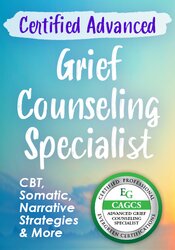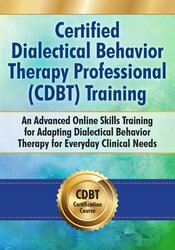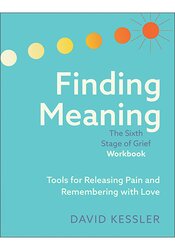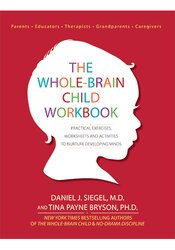We've heard many parents tell us that our Connect and Redirect strategy works like magic when it comes to helping them achieve their survive goal of getting through a difficult moment, as well as their long-term thrive goal of helping their children become resilient, kind, respectful, and happy people.
You can help parents thrive with this whole-brain strategy if you remember the strategy contains two steps:
Step 1: Connect with the Right
When your child is upset, logic often won’t work until we’ve responded to the right brain’s emotional needs. Acknowledging feelings in a nonjudgmental way, using physical touch, empathetic facial expressions, and a nurturing tone of voice, are all ways you use your right brain to connect. By starting with this act of attunement, you allow your child to “feel felt” before you begin trying to solve problems or address the situation.
Step 2: Redirect with the Left
Once you sense that your child’s brain has settled enough that it can handle a left-brain, logical approach, you can then redirect by problem-solving with your child or making suggestions on what he can do now that he’s feeling calmer and more in control of himself.
What Connecting Does Not Look Like
Where we most often see Connect and Redirect go awry is when parents become triggered by their child’s tone of voice or “irrational” demands, so the parents are less able to connect with real attunement. As a result, their
words sound like they’re connecting, but the overall response doesn’t feel warm and nurturing.
For example, do you ever hear yourself saying, “I can tell you’re really mad right now,” but you say it with tone of irritation or like a robot instead of warmth? Or have you caught yourself frowning, hands on hips, as you say, “I know you’re mad at me, but I told you to hurry three times!” Connection requires more than just kind words or an acknowledgement of an emotion. The overall
feel of the interaction needs to be full of warmth and affection for connection to occur. Our goal is for him to “feel felt” and experience that we “get” what he’s feeling. We want him to
know that we’re there for him.
Use these
free worksheets straight from
The Whole-Brain Child Workbook to help your clients learn more about this whole-brain strategy and connect with their child in the way the child needs to bring their brain back to a state of integration.
The more parents witness their child responding positively to the Connect and Redirect strategy, they more liekyl they will be to use it. And the more they practice using it, the more it will become one of their default responses when their child is having a hard time.

























